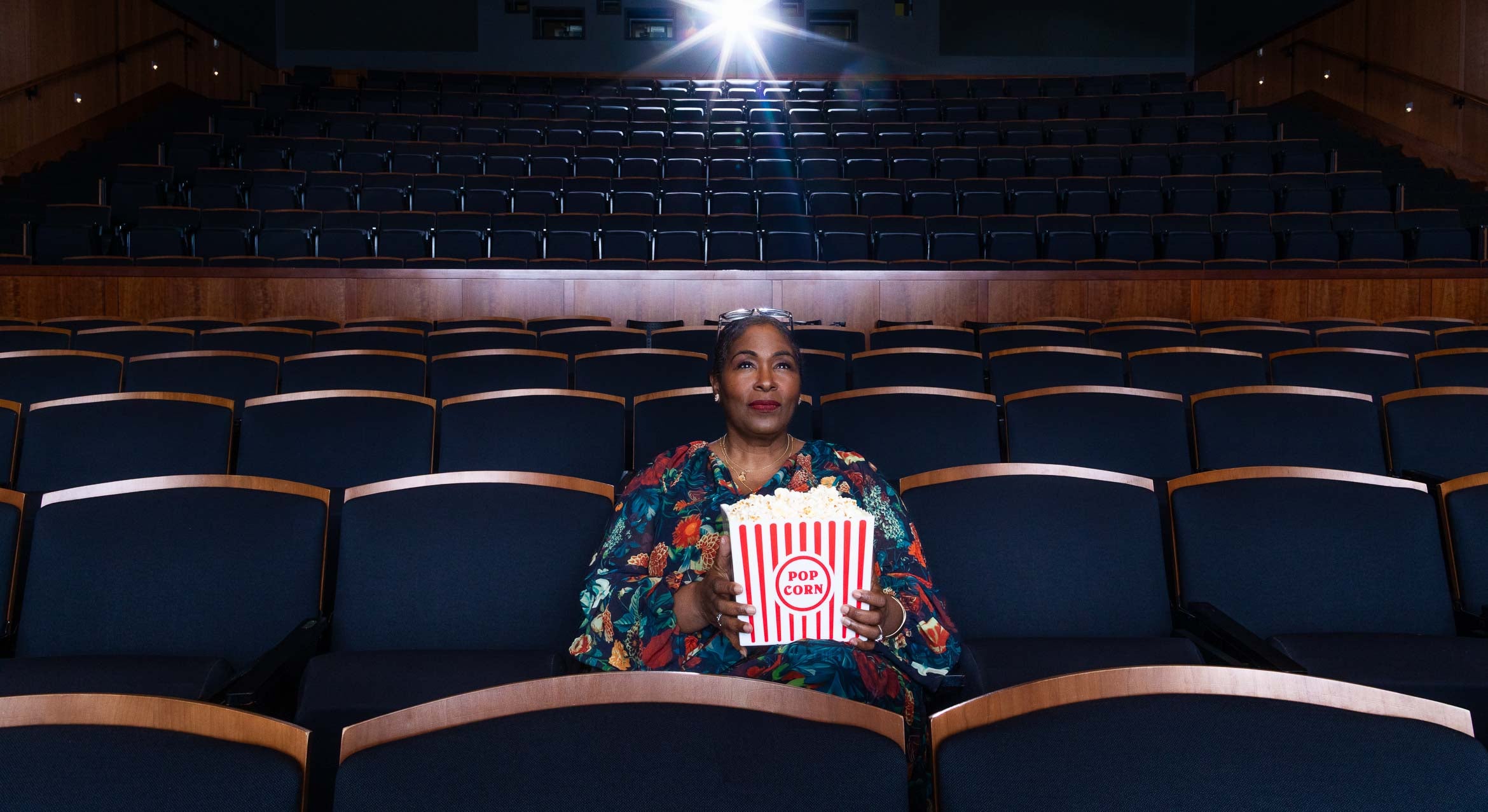UCSB Conference to Focus on Digital Distribution of Entertainment Programming
Media delivery options have expanded considerably in the digital era. College students watch television and movies on laptops, while many of their parents ditch old-fashioned cable boxes in favor of home theater PC's. Some people pay for their media as monthly utilities, while others graze across a vast landscape of electronic offerings, selecting their choices a la carte. All of this adds up to a revolution in media distribution that affects every aspect of commercial popular culture, from industry practices to audience consumption and re-use.
"Net Worth: Media Distribution in the Digital Era," a daylong conference at UC Santa Barbara, will address digital distribution of entertainment programming and how it is changing the media industry. It will take place in UCSB's Pollock Theater, and is free and open to the public.
The conference, which will begin at 9:30 a.m. on Friday, February 18, will feature three roundtable discussions. They include "Technologies of Digital Distribution" at 10 a.m.; "Digital Strategies of Media Conglomerates" at 11:45 a.m.; and "Compensation and Creative Labor" at 3 p.m.
Presented jointly by the Carsey-Wolf Center's Media Industries Project and the Arthur N. Rupe Chair in the Social Effects of Mass Communication in the Department of Communication, the conference is designed to stimulate fresh research on media distribution by bringing together scholars, critics, and industry professionals to explore diverse aspects of the digital distribution revolution.
Among the participants are Thomas Gewecke, president of Warner Bros. Digital Distribution; Jay Roth, national executive director of the Directors Guild of America; Felicia Henderson, television writer and co-executive producer of the series "Gossip Girl" and "Fringe," and the Zakin-Hunter Professor of Screenwriting in the Department of Film, Television, and Digital Media at UCLA; and Kelly Summers, vice president of business development and new media distribution strategy at The Walt Disney Studios.
"The current digital media revolution is not unprecedented," noted Richard Hutton, executive director of the Carsey-Wolf Center. "Media producers and creators today are addressing challenges similar to those that confronted the movie industry when radio was introduced in the 1920s, and the radio and movie industries when television entered the picture in the late 1940s.
"New media probably won't totally replace the old," he continued, "but it's an open question as to how both traditional and new media will successfully reach viewers and earn the income they need to survive and thrive. Our goal for the conference is to provide a space where leading media analysts and executives who normally don't interact can talk with each other and the audience to consider these issues from new perspectives."
Related Links



